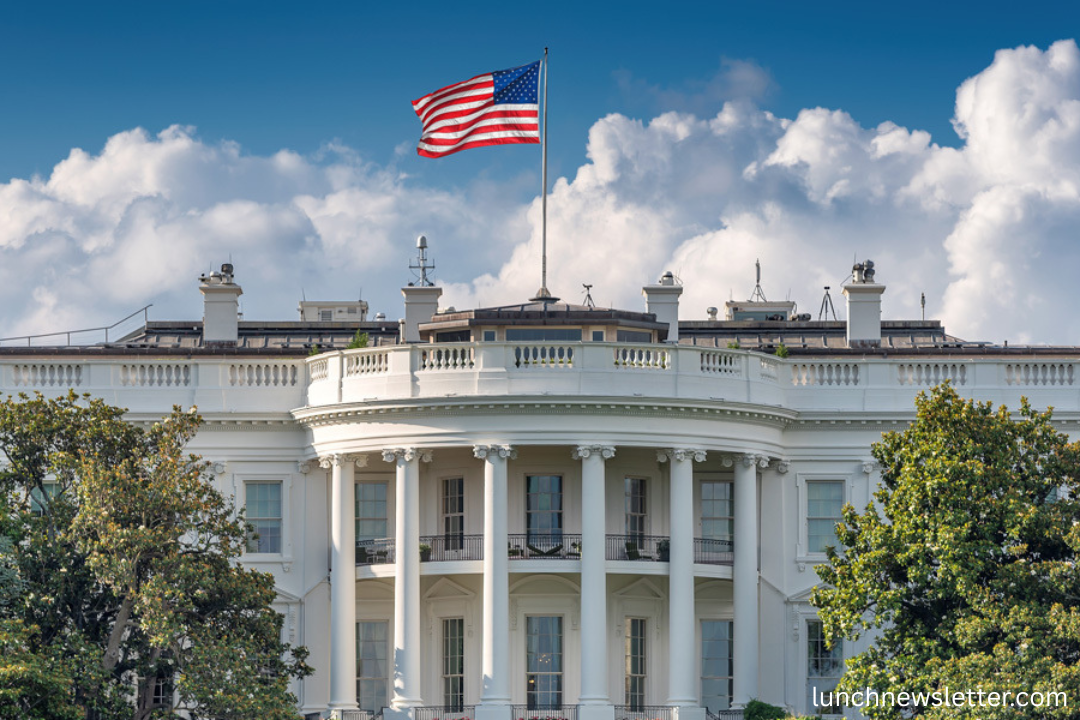White House has recently altered its immigration policies, favoring the admission of white South African Afrikaners while simultaneously ending protections for Afghan refugees. This shift underscores a significant change in the administration’s approach to refugee admissions, raising questions about the criteria and motivations behind these decisions.
White House Welcomes Afrikaner Refugees
On May 12, 2025, the White House facilitated the arrival of approximately 59 white South African Afrikaners at Dulles International Airport. These individuals were granted refugee status under a new policy citing alleged racial persecution in South Africa. The administration’s decision is rooted in claims that Afrikaners face discrimination and violence due to land reform policies in their home country.
President Trump, supported by figures like Elon Musk, has criticized South Africa’s land expropriation laws, describing them as unjust and discriminatory against white farmers. This perspective has been met with skepticism both domestically and internationally. South African officials have refuted allegations of targeted persecution, emphasizing that land reforms aim to address historical inequalities.
Termination of Temporary Protected Status for Afghans
Contrasting the welcome extended to Afrikaners, the White House has decided to terminate Temporary Protected Status (TPS) for Afghan nationals residing in the United States. This decision affects over 9,000 Afghans who were granted TPS following the U.S. withdrawal from Afghanistan in 2021. The Department of Homeland Security announced that TPS for Afghanistan will expire on May 20, 2025, with termination effective July 12, 2025.
The administration justifies this move by asserting that conditions in Afghanistan have improved sufficiently to warrant the return of its nationals. However, this assessment has been challenged by various human rights organizations and experts who argue that the Taliban’s control continues to pose significant risks to those who collaborated with U.S. forces.
Backlash and Criticism
The contrasting treatment of Afrikaner and Afghan refugees has drawn criticism from multiple quarters. Veterans, human rights advocates, and policymakers have expressed concern over the apparent inconsistency in the administration’s refugee policies. They argue that while Afrikaners are being welcomed based on disputed claims of persecution, Afghans who directly assisted U.S. military operations are being abandoned.
Jack McCain, a veteran of the Afghan war, stated, “Allies here in the United States who fought alongside people like me… are at the very real credible risk of deportation and, in many cases, death.” This sentiment reflects a broader sense of betrayal felt by those who believe the U.S. has a moral obligation to protect its allies.
Legal Challenges and Advocacy Efforts

In response to the termination of TPS for Afghans, several advocacy groups have initiated legal actions against the administration. Organizations like CASA have filed lawsuits challenging the decision, arguing that it endangers the lives of individuals who supported U.S. efforts in Afghanistan. These legal battles aim to reinstate protections and highlight the perceived injustices in the current policy shift.
Implications for U.S. Immigration Policy
The White House’s recent actions signal a significant shift in U.S. immigration policy, emphasizing selective criteria for refugee admissions. This approach has raised concerns about the influence of political and racial considerations in determining who receives protection. Critics argue that such policies undermine the principles of fairness and humanitarianism that have traditionally guided U.S. refugee programs.
Frequently Asked Questions (FAQ’s)
What prompted the White House to accept Afrikaner refugees?
The White House stated that Afrikaners from South Africa are facing racial persecution, including threats of violence and land expropriation. This reasoning has been used to justify their prioritization under U.S. refugee admissions.
Why is the White House ending protections for Afghan refugees?
The White House claims that the security situation in Afghanistan has improved and no longer qualifies for Temporary Protected Status (TPS). This move affects thousands of Afghans who previously supported U.S. missions.
Are Afrikaner refugees more at risk than Afghan refugees?
Many experts and human rights organizations dispute this. They argue that Afghan allies face credible, life-threatening danger from the Taliban, while claims of racial genocide against Afrikaners have not been substantiated.
How many Afghan refugees are affected by the TPS termination?
Over 9,000 Afghan nationals in the U.S. are at risk of losing their legal status due to the termination of TPS. This number includes individuals who directly assisted U.S. forces during the conflict.
What are veterans saying about this policy shift?
Many U.S. veterans have expressed deep concern, calling it a betrayal of Afghan allies who risked their lives. They argue that these individuals should be protected, not deported.
Has there been any legal pushback to the policy?
Yes, advocacy organizations such as CASA have filed lawsuits challenging the White House’s decision to terminate TPS for Afghan nationals. They argue the policy is unjust and endangers lives.
What is the international response to the White House’s actions?
Global observers and human rights groups have criticized the U.S. for what they see as a racially biased immigration policy. The apparent preferential treatment of Afrikaners over Afghans has drawn particular scrutiny.
What can impacted Afghans do now?
Many are seeking legal aid or turning to advocacy organizations for help. Some hope for Congressional intervention or a reversal of the policy through litigation or political pressure.
Conclusion
The decision to welcome Afrikaner refugees while ending protections for Afghan allies reflects a complex and controversial reorientation of U.S. immigration policy. As debates continue, the administration faces mounting pressure to justify its actions and address the ethical and strategic implications of its choices. The lives of thousands hang in the balance, awaiting clarity and compassion in policy decisions.
